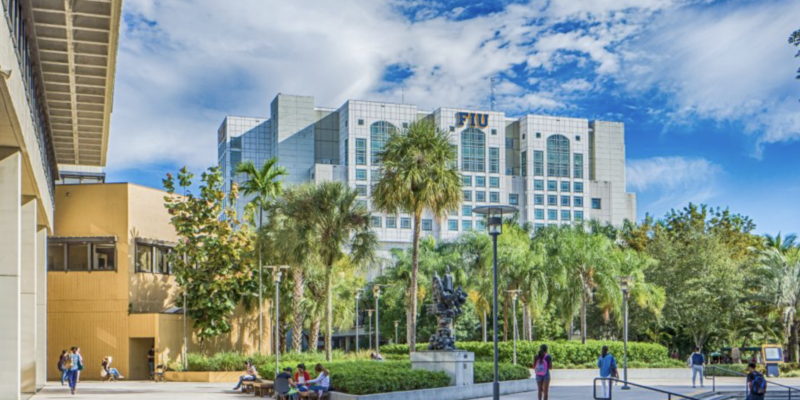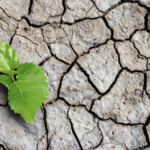Florida International University has always been ahead of the curb on environmental research. Now FIU has published what they believe is the most unsuspecting threat to local ecosystems today.
In a study funded by the National Science Foundation, seagrass was concluded to possibly be a big problem moving forward in bodies of water, specifically in tropical climates.
Herbivores in Florida, such as turtles and manatees have been found traveling to find warmer environments to live and graze as their previous habitats have become too cold. What is problematic however, is that seagrass, a staple of an aquatic herbivore's diet, can hardly exist in the places these animals are migrating too.
That may be bad news for subtropical regions that normally do not support many herbivores. As it turns out, many subtropical seagrasses are not nearly as resilient as their tropical counterparts, according to new research published this month in Nature Ecology & Evolution.
"This is a story about herbivores on the move because of climate change and the impact they might have on subtropical seagrasses,” said Justin Campbell, lead author and FIU marine biologist. “What this study shows is seagrasses in some regions may be unable to tolerate more herbivores moving in as they expand with warming temperatures."
The study focuses on turtlegrass – a foundational seagrass distributed across the Caribbean and Gulf of Mexico and finds that because subtropical seagrass meadows receive less sunlight relative to their tropical counterparts, they do not grow back as quickly when they are grazed upon. If tropical herbivores expand into subtropical waters, the threat of overgrazing may be very real.





